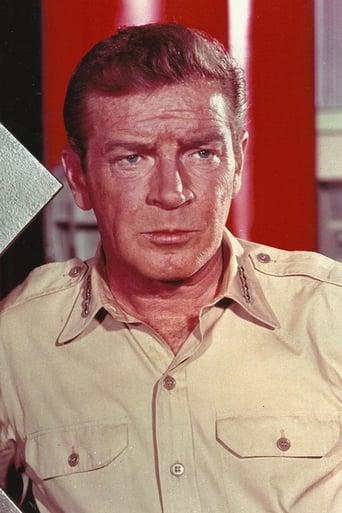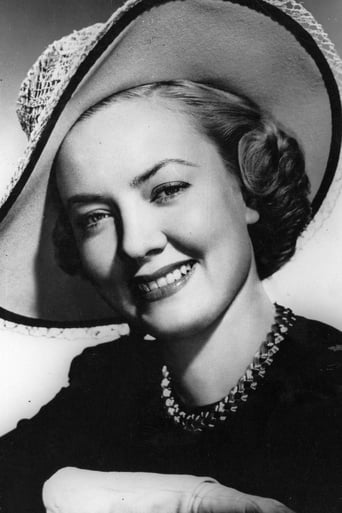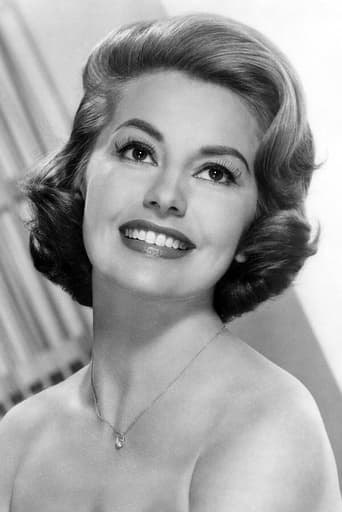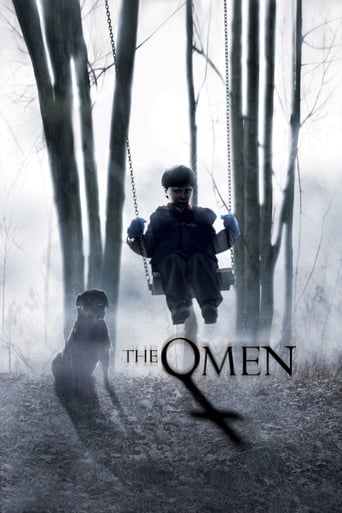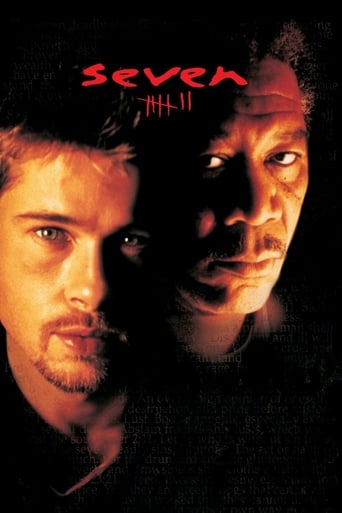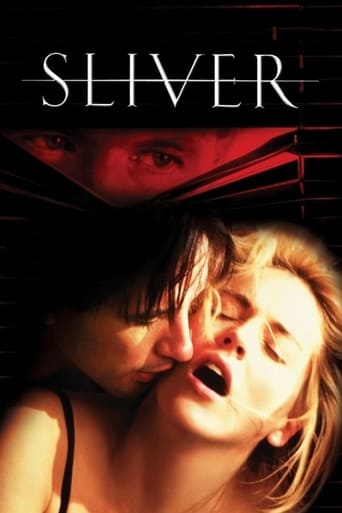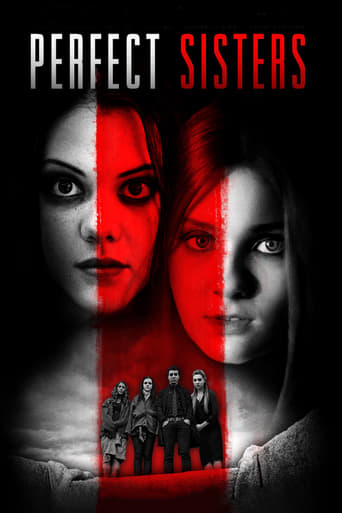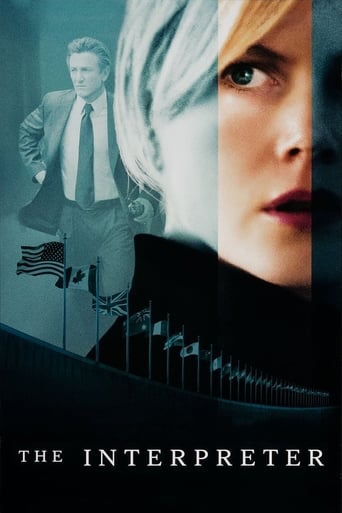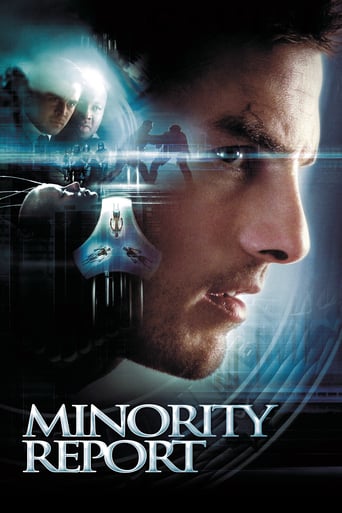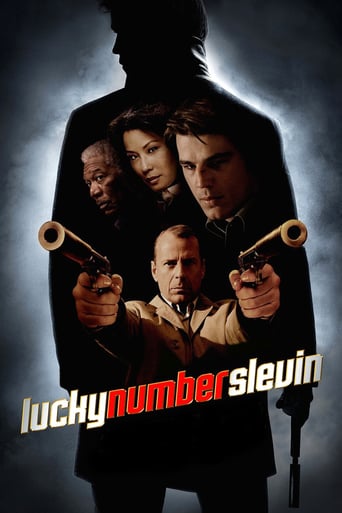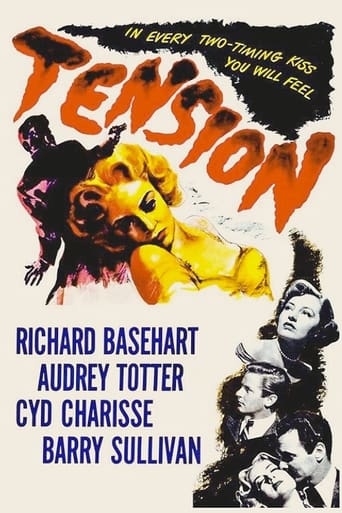
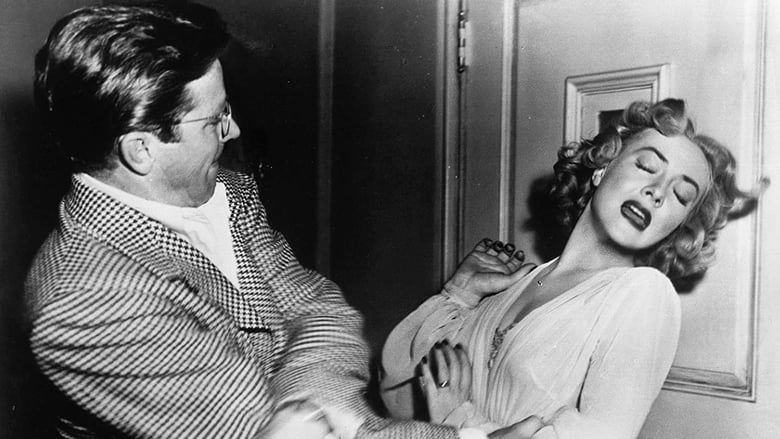
Tension (1949)
Warren Quimby manages a drugstore while trying to keep his volatile wife, Claire, happy. However, when Claire leaves him for a liquor store salesman, Warren can no longer bear it. He decides to assume a new identity in order to murder his wife's lover without leaving a trace. Along the way, his plans are complicated by an attractive neighbor, as well as a shocking discovery that opens up a new world of doubts and accusations.
Watch Trailer
Cast


Similar titles
Reviews
One of the better film noirs. Great performances from all the principles: Audrey Totter, Richard Basehart, Cyd Charisse, and Barry Sullivan. Unlike some noir thrillers that get too clever to make sense, Tension is well-plotted. The pacing keeps Basehart and Totter twisting until the end.We've got the girl-next-door Mary (Charisse) and the tramp Claire (Totter) in and out of Warren's (Basehart's) respectable life. Warren and Deager (Lloyd Gough) are rivals, but the innocent Mary and the evil Claire are complete opposites. Deager is certainly a jerk, but he recognizes that Warren is a "nice little guy." Warren, on the other hand, planned to murder Deager; he pulls back at the last second, realizing that Deager has also been manipulated by Claire. They're in the same boat.In typical noir fashion, Warren outsmarts himself. His alter ego 'Paul' has the unintended side effect of attracting Mary's attention. That their relationship is great leads, nonetheless, to some agonizing scenes--especialy when the lieutenant throws them together in the drug store. They have to pretend to be strangers to fool him. The lieutenant already knows that Paul is Warren; but he has to act as though he doesn't know in hopes that one of them will snap.The lieutenant's role is very aptly played by Sullivan. He drives the plot after Deager's murder. Both Claire and Warren give shaky statements when he first interviews them, and Mary mucks things up for 'Paul.' But as soon as the Lieutenant sidles up to Claire she becomes vulnerable; she's shown that she can't resist men. His subsequent pretense that the case has gone nowhere, that Warren is free, and the murder weapon is the only red flag, simultaneously serves to relieve Claire and force her hand.The denouement in Paul/Warren's apartment is perfect. Yet another of the Lieutenant's deceptions reveals Claire's attempt to incriminate Warren. The mystery lies in how Claire will be caught; we know Warren's innocent. But we also know that he's set himself up by his history with Deager, especially with the elaborate revenge plan. Only a couple of bits in Tension ring false. Why would Claire kill Deager anyway? If she gets tired of him, why not just leave him? She has nothing to gain from killing him. For a while I thought that the killer might turn out to be someone else, but there weren't really any other characters crawling around waiting to murder anyone. Also, since the Lieutenant has such a commanding role; do we really need him narrating too? Still, Tension worked extremely well. I can't think of another noir of this caliber that maintained dramatic 'tension' with no car crashes, not much on-screen violence, no back alleys, gangsters, no strained rat-a-tat-tat dialogue, and not all that much time in the dark. Well-worth checking out a few times.
This represents a cross between two distinct, though often confused genres: Film Noir and the crime film. Both deal with the seedy side of urbanity in post-war America, but Noir is about criminals. Such films examine the ways that the unspoken angst of the era led "normal" citizens to do very anti-social things. The crime film, also popular at the time, was about law enforcement and the process by which it rooted out and punished transgressors. This film is ultimately more of the latter. Although he is not on screen much, the cop who delivers justice and, above all, truth is here actually the main protagonist. However, the cop character remains a voice-over narrator long enough for the film to seem like it's about characters planning a murder, and it must be said that the narrative is unpredictable and entertaining. However, this fusion of the two genres ultimately brings out the worst of both their ideological tendencies: the misogyny of Noir, with the authority-worship of the Crime Film.
Another semi-failed attempt by the forever glossy and arrogant MGM to cash in on the Film-Noir cycle of the post war years. The studio just could not get out of its own way when it came to the grit and underbelly that was true Noir.Even with the sizzling screen presence of buxom Audrey Totter and the stalwart story of the gold-digging, unappreciative Wife driving the serene and forever faithful Husband to a near psychotic break, the uppity studio just could not pull it off.Their voice-over narrative and fourth wall breaking opening come off as more of a gimmick than an invitation to the Hard Boiled. The silly, overdone Music announcements are obtrusive and loud. Even the transformation of our Hero to Anti-Hero is rendered flaccid. Overall it isn't a total failure, it has something in its attempt that is professional if nothing else. The actors are all engaging, it is just that they are presented in a brightly lit template with some interest, but those wishing to explore the Dark Side of Film-Noir need go elsewhere.
Putting glasses on the very versatile Richard Basehart and sticking him with a drugstore and a faithless trophy wife (Totter) is almost inspired. His Warren Quimby is such a timid, dependent little guy, and when wife Claire thrusts out her ample chest at any well-dressed man who walks by, we feel for the put-upon pharmacist. He's working day and night trying to please her, but she could care less, especially when she hooks up with the flashy Barney Deager (Gough) and rubs Warren's nose in it. Or rather it's Deager who does the nose-rubbing in the sands of his Malibu beach house. Now Warren may be no Clark Kent, but he's finally had enough humiliation, and there is an alter-ego waiting to break out of that timid soul. The alter-ego is named Paul Southern. He doesn't wear a red cape, but he does sport a very unWarren-like checked jacket and no glasses. More importantly, he's got a plan, a nifty plan for revenge on his two tormentors. In the meantime, he's picked up a new girl (Charisse) who admires the forceful Southern style. So now Quimby-Southern is ready for a new life with his new girl once his nifty revenge plan succeeds.I just wish the second half succeeded as well as this riveting first half. But the focus shifts abruptly over to wise-guy cop Bonnabel (Sullivan) and we lose the compelling thread of humiliation and revenge. It's almost like the script didn't know what to do with Basehart following the Malibu showdown. The remainder of the film plays out in kind of fuzzy, not very believable fashion. It's like a screenplay in two very unequal chapters. The movie is another of Dore Schary's attempts to bring sunny MGM into the post-war world of noir. Like many of the others, the effort here only partially succeeds. There's some good location photography and an excellent cast. However, director Berry adds little to the erratic script, and I'm tempted to say that neither he nor the studio had a feel for this kind of RKO material. Nonetheless, that compelling first half remains.


